 There’s an excellent piece written by Kyle Baxter about Google’s Android strategy. The gist of it is something I’ve always told people about. Google isn’t that interested in building a mobile platform per se. What it wants is another avenue to deliver its advertising because it is arguably the largest advertising channel company, if not one of the largest, in the world, as more than 96% of its $29.3 billion revenue in 2010 came from advertising.
There’s an excellent piece written by Kyle Baxter about Google’s Android strategy. The gist of it is something I’ve always told people about. Google isn’t that interested in building a mobile platform per se. What it wants is another avenue to deliver its advertising because it is arguably the largest advertising channel company, if not one of the largest, in the world, as more than 96% of its $29.3 billion revenue in 2010 came from advertising.
When the company’s aim is to deliver as many ads as possible, it would not be interested in building a paid environment for consumers like what Apple and Amazon do. Consumers see advertising for free, developed and paid for by advertisers. Everything that Google does is built to serve or deliver advertising and thanks to the size and revenue of the company, it has the ability to do just that.
Apple and Amazon rely on customers that pay to acquire goods and services. Google makes everything free of charge or as close to free as possible. What you often hear from people is that they will pay to get rid of advertising, but apparently there are more people who would be willing to see advertising in exchange for not having to pay.
Of course, Google’s additional storage options for Gmail, Picasa, Docs, etc. cost money but when you see how little you have to pay for a 20GB upgrade per year, which is $5, it’s pretty close to the most ridiculous thing you’ve ever heard. It’s almost too good to be true, yet it’s there.
In terms of mobile, Google’s customers are not people. It’s not you, it’s not me, it’s not your neighbors and relatives. Google’s customers are mobile vendors and telecoms. They’re the ones who deal directly with Google through Android.
Android users can only wait until their devices are cleared for upgrade by the device maker or the mobile telecom of their choice. It serves little benefit for Google’s partners to upgrade old devices with new software because it means people won’t be buying new devices every so often. Google has no real problem with that because it can still deliver ads regardless.
Those Android phones are glorified advertising displays, meant to increase distribution and exposure of Google’s advertising network. That is why Danny Sullivan wrote this.
A big reason behind this mess is that Google doesn’t actually sell the Android operating system to consumers. If it did, it would probably care more about ensuring customers (because that’s what they would be) were covered from start to finish
Yes, you certainly can modify your Android phone using any custom Android version from anyone who has the time and skills to modify the original system but among the tens of millions of Android users, how many million actually does that? Even if you do, you are still being served advertising by Google. That’s why it always makes a big fuss of being “open” even though it’s closer to “clopen”, as Sullivan and MG Siegler put it.
The majority of Android buyers would accept whatever version of Android they got in the phone and go their own merry way, not worrying too much or at all about updates until the telco or vendor sends them a message telling them there’s an update available.
Thanks to the enormous advertising revenue it receives, Google gets to create or acquire online products that would deliver consumers away from existing players right into their hands and facing straight into their advertisements. These include Docs, Gmail, Maps, and even YouTube and Google+. More on this can be read on the Kyle Baxter piece linked earlier.
Consumers can see this as a win. They get free Internet products and services in return for some advertising display. The majority of consumers wouldn’t object, naturally. Who would object to being given or being allowed to use things for free?
Those who do mind seeing advertising and would rather pay for apps or services, wouldn’t matter too much to Google since one, they would be more likely to use another platform, and two, Google would get to them to see the ads one way or another anyhow.
Baxter summed up his view by saying, “Android isn’t an attempt to build the best mobile platform and sell it on its merits; it’s a play to control the vast majority of the mobile market, secure eyeballs for Google advertising and eliminate any threat to Google.”
Unfortunately for Google’s strategy, this report from Net Applications shows iOS devices holding more than 50% of mobile web browsing throughout 2011. This means that despite having a greater global market share of mobile devices, Android is still behind in terms of web access.

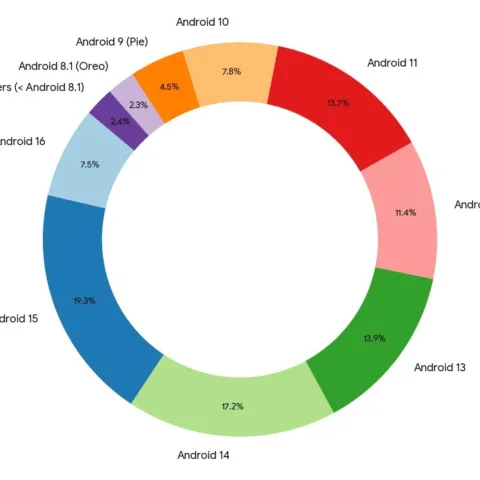
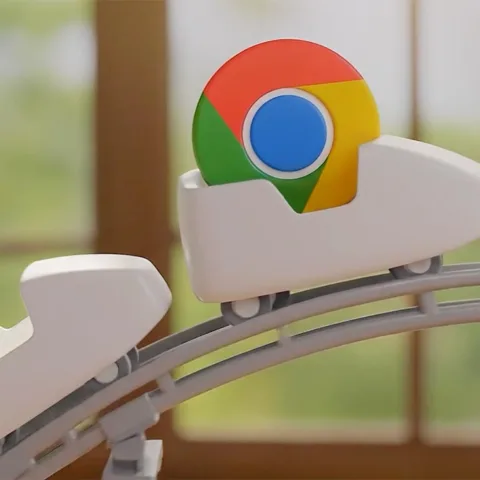
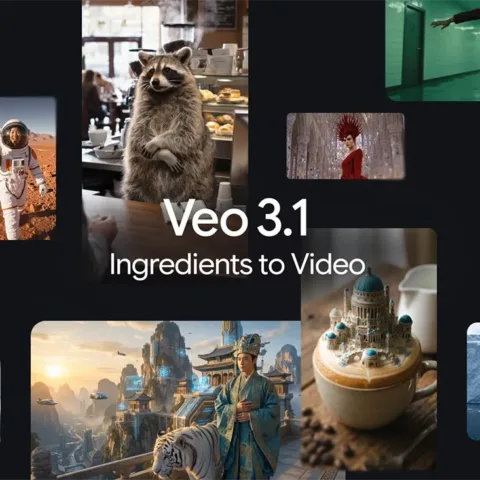
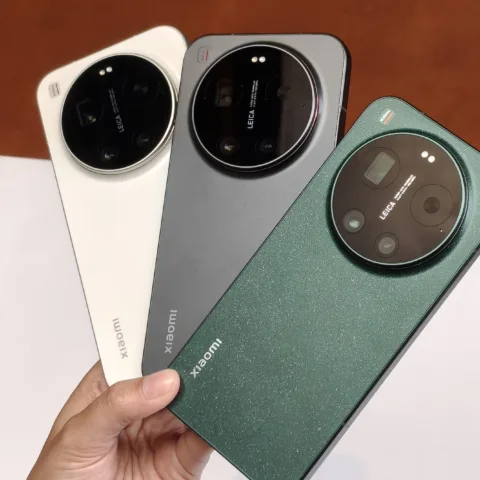
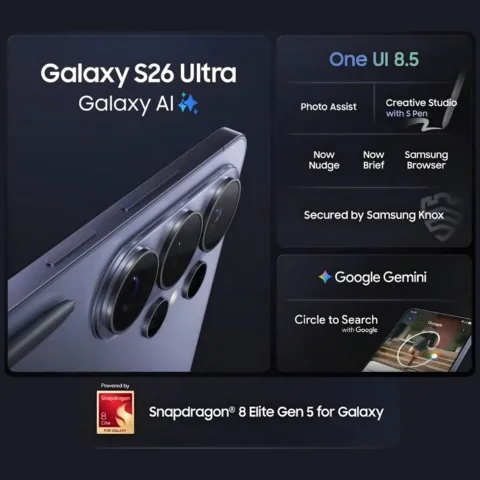


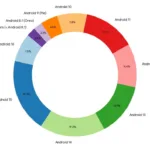

great read.
All true but I think most people are too dumb to know all of this and they will buy the phone flogged at them by their telco or some shop. Which is fine. It is the way retail works.
What i find funny is most of my family is on some sort of iOS device – so we can all facetime and such at will. Even some of the relatives who dont get tech seem to make their iphone or ipad sing. However I have one brother on an android phone and he cant seem to connect to us using anything.
For me user experience is far superior on a iOS device but I feel like we have been here before when I was telling people about my mac and they told me to get with the program and get a windoze box.
Some of us will just choose what we think is the coolest or allows us to work smarter.
Apple isnt perfect but I dont feel I am getting pimped out like I do with FB or google stuff.
So we know apple and android will be huge and I think android might take some sort of volume lead. Kind of like seeing a million hondas in vietnam but I still will ride by on my BMW. User choice does mean something but I think google will find a way to make android cheaper and cheaper, cause as u say it is all funded by ads, but for me the price is largely irrelevant but for the masses it is a huge deal.
Just wondering how msft, nokia and dim can stay in this horserace at any meaningful level since they dont have the advertising and they dont have the consumer desire either.
times are a changing…
smitty